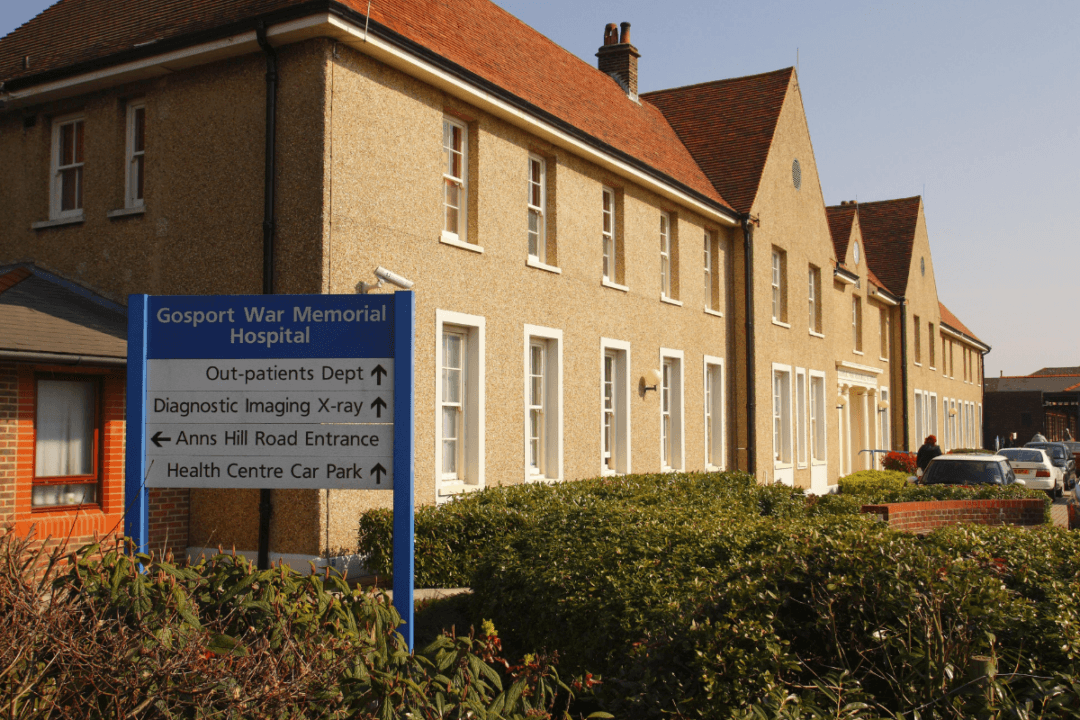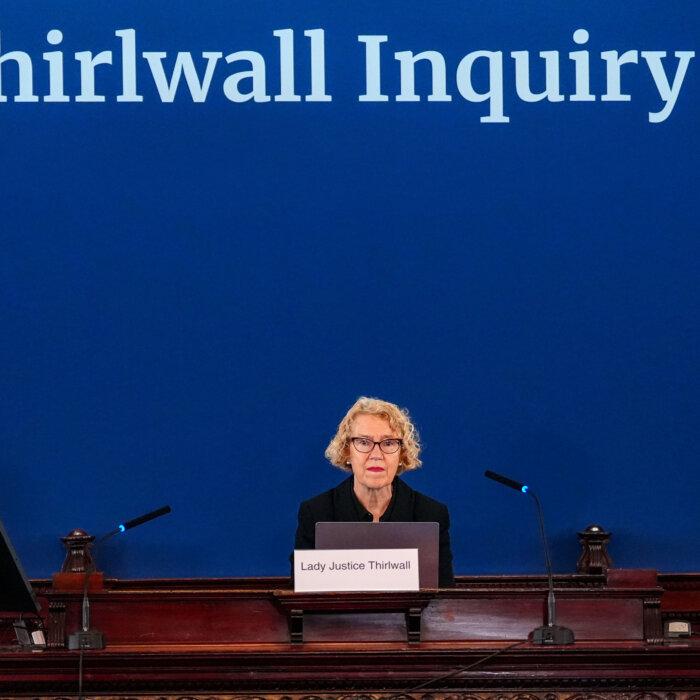Police have identified 24 suspects in their investigation into the hundreds of opioid-related deaths at Gosport War Memorial Hospital, and files have started to be sent to the Crown Prosecution Service (CPS).
An investigation was launched into the Hampshire hospital after a 2018 independent panel review determined that 450 elderly patients had had their lives shortened between 1987 and 2001 because of the routine practice of administering opioids.
The investigation, codenamed Operation Magenta and launched in June 2019, was managed by the cross-force Kent and Essex Serious Crime Directorate.
Largest and Complex Investigation
The investigation was comprised of 150 serving and retired detectives who assessed more than 3 million pages of documents, including the medical records of over 750 patients, taking around 1,200 witness statements from affected family members.Deputy Chief Constable Neil Jerome of Operation Magenta said the independent investigation into the deaths at Gosport War Memorial Hospital “is one of the largest and most complex of its nature in the history of UK policing.”
Jerome continued: “Our inquiries remain ongoing and we have now reached the stage where we have started to submit case files in relation to individual patients to the Crown Prosecution Service.
“It will be the CPS’ decision as to whether or not any criminal charges are brought in relation to these cases.”
He said that interviews are being carried out under caution and no arrests have been made to date.
The families of those who died at Gosport were informed at the start of the investigation that the full range of criminal offences would be considered, Jerome said.
‘Disregard for Human Life’
The 2018 Gosport Independent Panel report concluded that the lives of more than 450 people had been shortened through the routine practice of prescribing and administering opioids, and that probably another 200 patients were similarly affected.Opioids are drugs used to treat pain and higher doses can depress respiration, with death from an overdose usually owing to respiratory arrest. Older people are particularly susceptible to adverse effects of the drugs.
The review said there was an “institutionalised regime of prescribing and administering ‘dangerous doses’ of a hazardous combination of medication not clinically indicated or justified.”
It added that “whereas a large number of patients and their relatives understood that their admission to the hospital was for either rehabilitation or respite care, they were, in effect, put on a terminal care pathway.”
In his forward to the report, Jones described how he had met with some of the family members who had concerns over the way their departed loved ones had been treated by the hospital, and how they felt let down by the institutions they had sought answers from.
Jones wrote: “It is a lonely place, seeking answers to questions that others wish you were not asking ... But it is impossible to move on if you feel that you have let down someone you love, and that you might have done more to protect them from the way they died. Many of the families to whom the Panel has listened feel a measure of guilt, albeit misplaced.
“The anger is also fuelled by a sense of betrayal. Handing over a loved one to a hospital, to doctors and nurses, is an act of trust and you take for granted that they will always do that which is best for the one you love. It represents a major crisis when you begin to doubt that the treatment they are being given is in their best interests. It further shatters your confidence when you summon up the courage to complain and then sense that you are being treated as some sort of ‘troublemaker’.”







